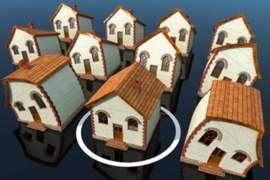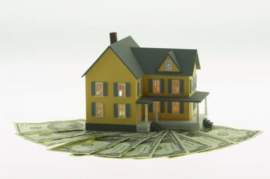
The Facts About Private Property

Private property, in the most basic form of the term, refers to property which is owned privately, by either a person or a person-like legal entity such as a company. Private property can be real estate, or it can be personal property, which is property which can be easily transported. Private property is primarily important for how it implies the rights of that property fall with regard to owners.
An owner of private property has all rights to the private property sales and private property rentals of that piece of private property. For example, someone who owns a piece of personal property, such as a computer, would then have full rights to either conduct private property sales of that computer and its constituent pieces, or even to rent out use of that computer to another individual as the owner sees fit.
Personal property and real property both involve such rights being granted to the owner of this private property, though the exact circumstances which are necessary to be considered an owner of the private property may vary between personal property and real property.
One of the most important concepts with regard to private property, and the rights of private property sales and private property rentals, is the contract between private property and public property. For public property, there is no individual who has such rights to the property that he or she might then either rent or sell that property.
The government might theoretically have the right to rescind the status of public property, but otherwise, ownership rights are not held by any given entity. Personal property or real property that is held privately, however, is under the full control of the owner.
NEXT: The Facts About Public Property





















